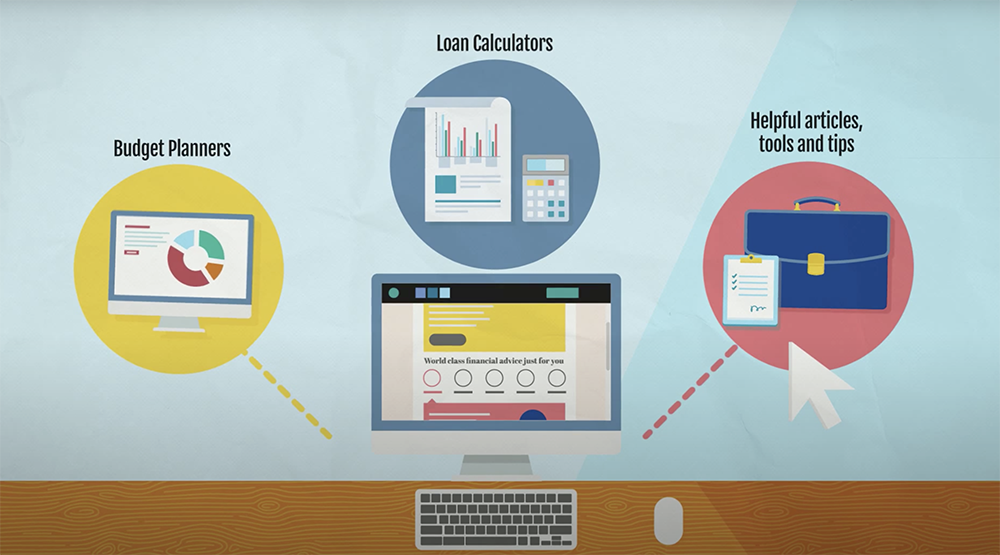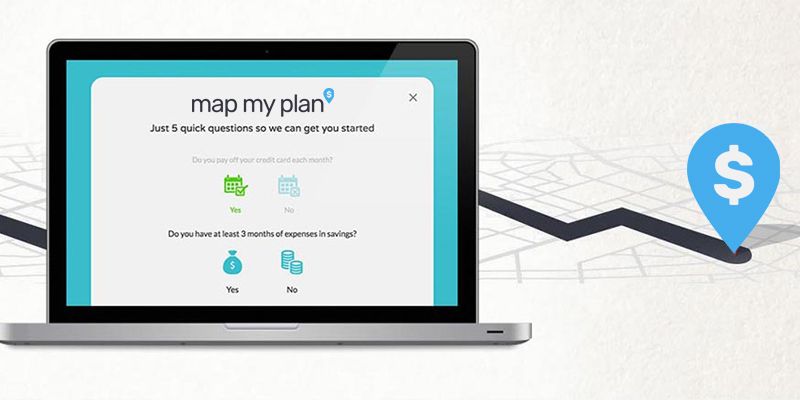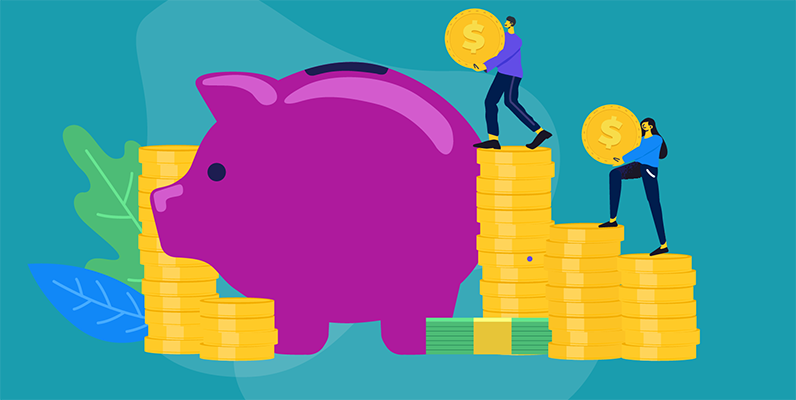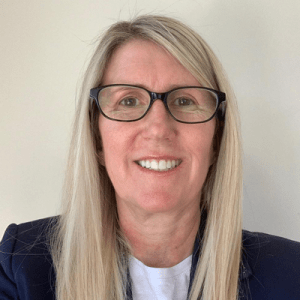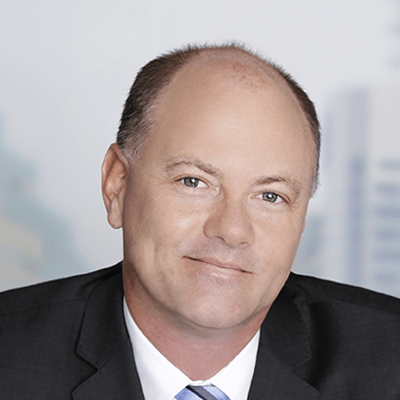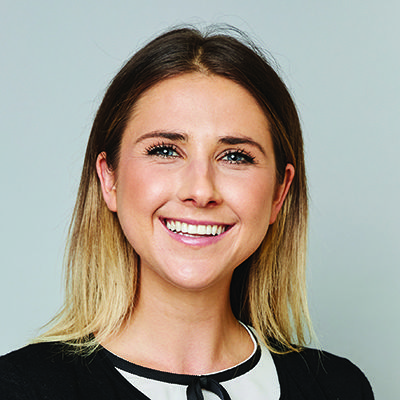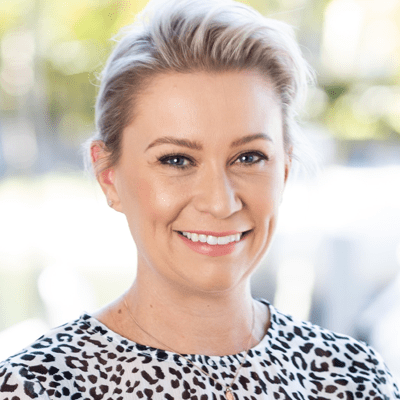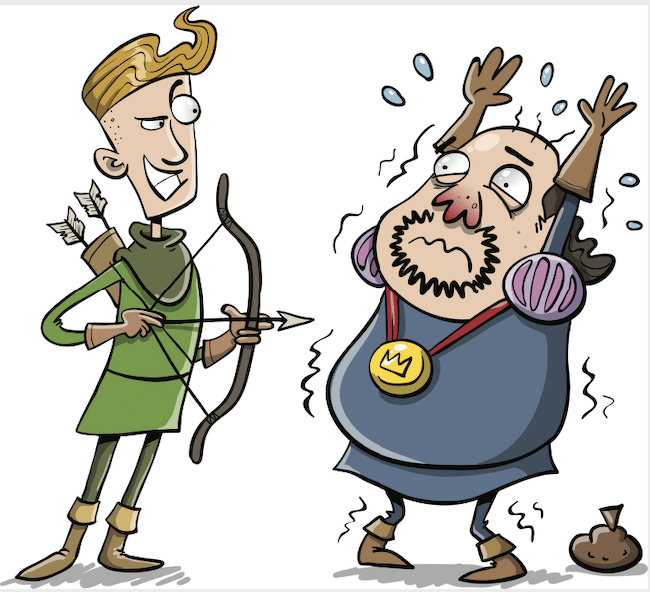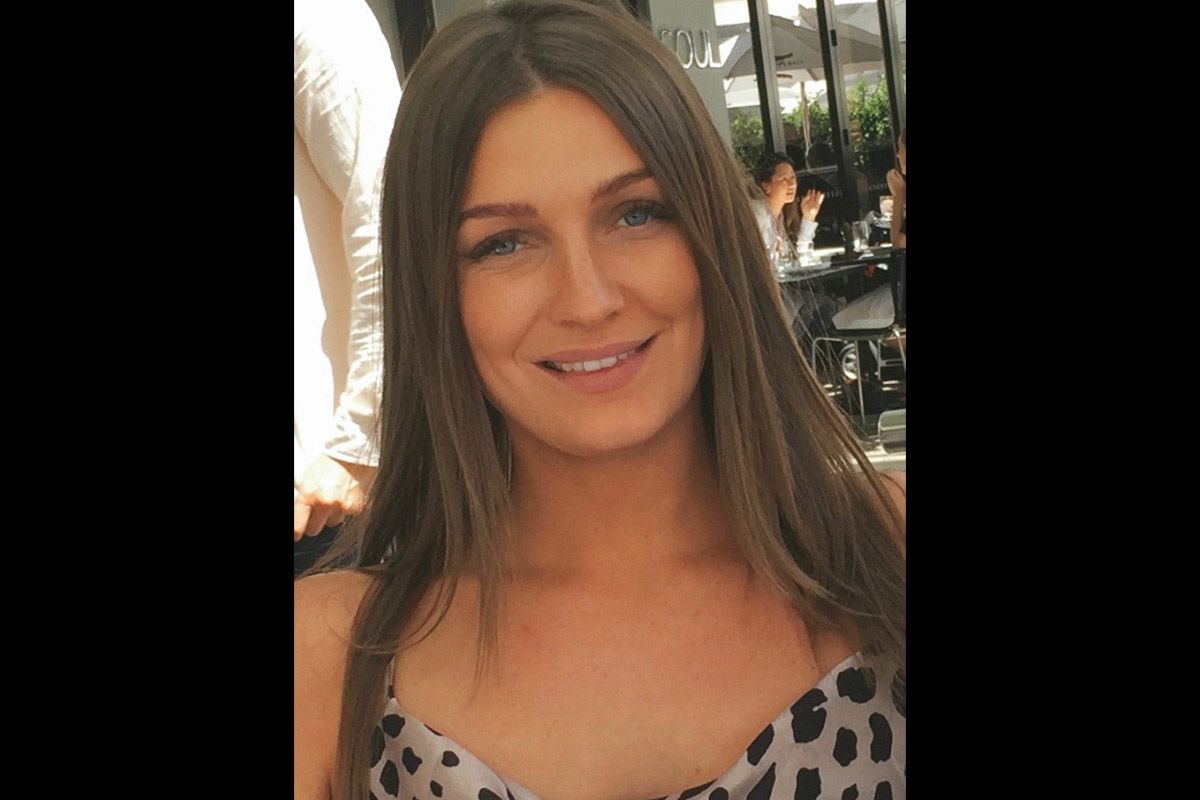
Suicide alert as mental health threatens to be the next epidemic
Government leaders and health officials are racing to try and halt what they fear could become a mental health disaster as the enormity of the financial fallout from COVID-19 sinks in.
What started as a public health emergency is turning into financial calamity, with the Reserve Bank of Australia predicting this week 10.5 per cent unemployment by Christmas and a jobless possibly as high as 9.5 per cent until 2022.
The National Mental Health Commission has announced #GettingThroughThisTogether, a national campaign to support Australians with their psychological wellbeing as the pandemic drags into its six month.
A campaign survey of 3,575, 16-25 years olds showed 86 per cent felt there had been a negative effect on their mood, wellbeing or sleep.
Most observers believe matters will get worse. Deferrals on loan repayments that Australia’s banks began offering in late March will start expiring next month, and a third of Aussies say their household finances worsened during the height of the pandemic.
Mental Health Commission chief executive Christine Morgan told Together Australia as many as 40% of Australians are considered economically vulnerable.
“We know this is having a really significant impact,” she said. “The financial stress, the economic stress is enormous.”
Calls to Lifeline are running about 25% above normal, with the mental health helpline setting a record of 3,197 calls on Good Friday back in April, says spokeswoman Ina Mullin.
Counsellors at Financial Counselling Australia’s National Debt Helpline have also reported that people contacting them in recent months are more distressed than usual, says FCA chief executive Fiona Gutherie.
“Many people who have never struggled financially are now in the position where they need to seek help,” she said. “There is a clear link between financial stress and a person’s mental health.”
While three in five Australians told the Australian Bureau of Statistics that they considered their mental health was excellent or very good in July, the telephone survey of 1,000 households found that one in seven, or 14%, reported their mental health was just fair or poor.
That’s up from 9% in a comparable survey conducted in 2007.
Another survey by the ABS found that from early April to early May, 22% of households surveyed had experienced one more employment-related, housing or other financial stressor as a result of COVID-19.
One in eight who lived in a home with a mortgage reported that one or more people in the household had trouble making payments, the ABS found.
Australian Small Business and Family Enterprise Ombudsman Kate Carnell says that with the lockdowns being reimposed in Victoria, small business owners there are in a particularly fragile state.
“Small business people have dedicated years and years of their life to their business, a business that was tracking fine, it was viable, and all of a sudden through no fault of anybody, it was forced to close, or considerably curtail their operations,” she said.
Many business owners have borrowed against their homes and are at risk of losing both, Ms Carnell said.
“This is just really stressful, especially because they can’t really fix it. Working harder doesn’t fix I, working longer doesn’t fix it. These conditions make it really hard.”
A $26 million wellbeing initiative for small business owners and workers announced last week by the Victorian government will save undoubtedly lives, Ms Carnell said.
Under the program, St John Ambulance will provide accredited mental health support training to chambers of commerce across Victoria.
SUICIDE SPIKE FEARED
No-one yet knows if the pandemic and economic consequences have resulted in more people taking their own life, experts say. But anecdotally, those in the field believe it has.
Organisations representing financial advisers have also heard rumours of suicides as members struggle to keep up with cries for help dealing with bills from their clients. But no-one could pinpoint an actual case.
“Certainly a lot of people are asking that question, and we can’t answer it unfortunately,” Ms Mullin said.
While a system that would allow for real-time tracking of suicides is in the works, it’s not ready yet and the numbers of Australians taking their own lives this year won’t be released until October 2021, Ms Mullin said.
“We are very concerned about an elevated risk of suicide – what we are trying to do is stay ahead of the curve, so that the risk does not become a reality,” Ms Morgan said.
The #GettingThroughThisTogether campaign will be offering 10 practical tips around mental health, such as the importance of establishing a routine and that financial stress is real stress.
It will also urge Australians to stay connected to each other and look out for one another, Ms Morgan said.
Meanwhile, the Australian Banking Association says that banking industry is stepping up to give loan customers facing a financial “cliff” in September some breathing room.
Over 800,000 Australians opted to defer home and small business loans for up to six months during the crisis, with payments for one in 14 mortgages put on hold since the program began on March 20, although some have opted to start payments again. Interest continued to accumulate during the deferment period.
The ABA says that customers who are struggling will be eligible for a further loan deferment of up to four months, although those deferments will be need-based and not granted automatically.
Banks are pledging to work with customers facing hardship, offering options such as restructuring loans by extending their length and making them interest-only for a time.
The JobKeeper wage subsidy and JobSeeker scheme for unemployed Australians will also both be extended for several more months, removing the threat of a looming “fiscal cliff”.
With a wealth of resources available, experts emphasised the importance of those under stress reaching out to get help.
WHERE TO FIND ASSISTANCE

These free support lines are available 24/7:
- Coronavirus Mental Wellbeing Support Line 1800 512 348
- headspace 1800 650 890
- Lifeline 13 11 14
- Kids Helpline 1800 55 1800
For free financial counselling support contact
National Debt Helpline 1800 007 007 Monday – Friday 9.30am – 4.30pm
Small Business Help 1800 413 828 Monday – Friday 9am– 5pm
Help is also also available online at https://coronavirus.beyondblue.org.au/ and at https://headtohealth.gov.au/.





